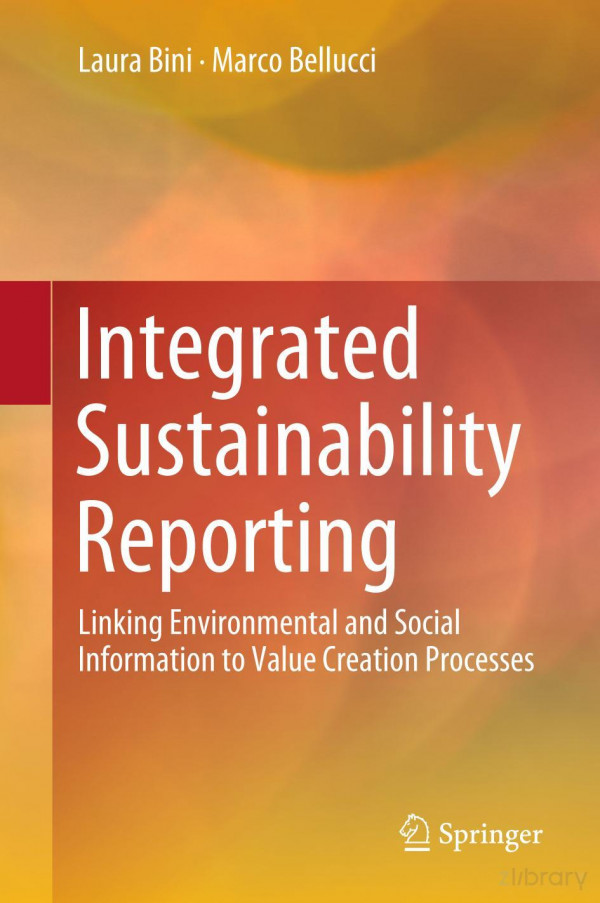

Most ebook files are in PDF format, so you can easily read them using various software such as Foxit Reader or directly on the Google Chrome browser.
Some ebook files are released by publishers in other formats such as .awz, .mobi, .epub, .fb2, etc. You may need to install specific software to read these formats on mobile/PC, such as Calibre.
Please read the tutorial at this link: https://ebookbell.com/faq
We offer FREE conversion to the popular formats you request; however, this may take some time. Therefore, right after payment, please email us, and we will try to provide the service as quickly as possible.
For some exceptional file formats or broken links (if any), please refrain from opening any disputes. Instead, email us first, and we will try to assist within a maximum of 6 hours.
EbookBell Team

4.8
104 reviewsThis book proposes an integrated approach to sustainability reporting, the goal being to overcome certain limitations of the well-established additive approach, where the reporting of environmental, social and economic issues is sequential, but separate. It argues that, in order to successfully communicate its commitment to sustainability, a company should report on how environmental and social issues impact its way of doing business, namely its business model, contributing to value creation. Thus, a reporting framework for business models that encompasses sustainability is presented. In turn, a number of illustrative examples are examined to show how business model reporting could be optimally used to provide effective and integrated sustainability reporting.
The book also offers a broad analysis of corporate sustainability reporting, which includes a discussion of the theoretical background, an explanation of why companies provide sustainability reporting, a description of the current regulatory framework for sustainability disclosure, and a review of sustainability reporting literature that shows the main characteristics of sustainability disclosure practices.
Given its scope, the book will be of interest to all researchers and practitioners working for companies or organizations that aim to support, implement and improve their sustainability reporting, by adopting a more integrated approach that interconnects environmental and social aspects with the economic and financial results via the business model. The book also offers a valuable reference guide for social science researchers, including PhD students, interested in a discussion of the latest literature on sustainability, corporate social responsibility, and the communication of business models.